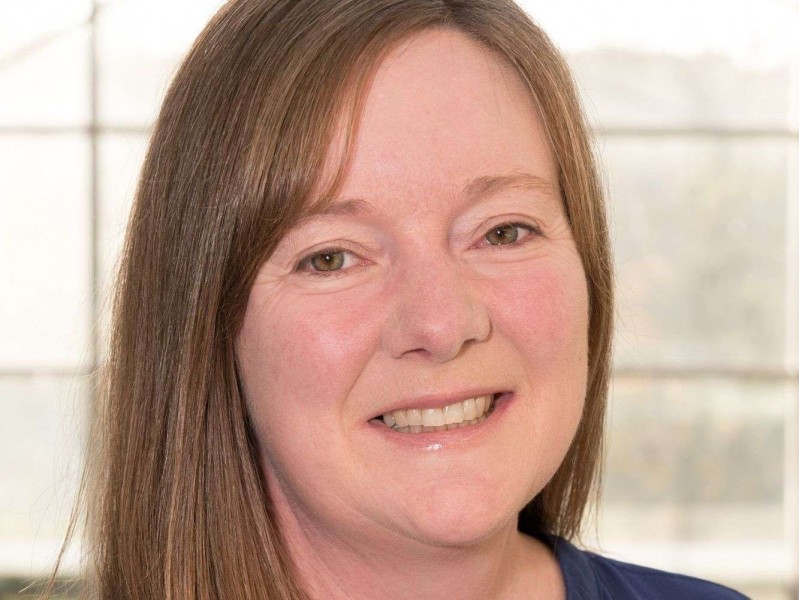Research to better support long-COVID patients in Scotland
Friday 05 March 2021

For most people, symptoms of COVID-19 resolve after around 12-weeks. However, some people experience symptoms that last longer or develop new symptoms, which can significantly impact on quality of life. Evidence is still emerging on the nature and extent of long-COVID, and how best to manage it.
Funded by the Scottish Government’s Chief Scientist Office, researchers at Robert Gordon University and the University of Stirling will examine various models of community rehabilitation delivered by physiotherapists, occupational therapists, and other health professionals to find out what works for long-COVID patients under their individual circumstances.
The principal investigators for the project are Professor Kay Cooper (Clinical Professor of Allied Health Professions, Robert Gordon University and NHS Grampian) and Dr Edward Duncan (Associate Professor of Applied Health Research, University of Stirling).
Professor Cooper says: “Community rehabilitation for people with long-COVID is in its infancy, with service models developing and evolving as we learn more about the long-term consequences of COVID-19. A variety of models are being used in Scotland and this research will help us understand what works in different settings and contexts.
“Rehabilitation services are pivotal to supporting people in their recovery. By assessing the various models being used, we can make evidence-based recommendations to maximise quality of life and recovery for people with long-COVID across Scotland through the most appropriate models of rehabilitation for service users’ circumstances.”
Dr Duncan says: “There are many possible symptoms after a COVID-19 infection, from breathing difficulties to extreme fatigue and mental health problems. How long it takes to recover from COVID-19 is different for everybody - some symptoms can last weeks or even months after infection.
“The chances of experiencing long-term symptoms does not appear to be linked to how ill someone was when the infection took place. People who had mild symptoms initially can still have long-term problems. Some people will need rehabilitation to support and maximise their recovery. At present, we do not know how best to support recovery from long-COVID and different health boards are providing rehabilitation in different ways. Our study aims to discover what works best for people across Scotland.”
The research will begin by evaluating the delivery and outcomes of different service models currently being used in Scotland to identify which are more suitable for various patient groups under differing contexts.
The research will be undertaken in four health boards across Scotland (Ayrshire & Arran, Lanarkshire, Grampian, Tayside), but the research team will share emerging findings with all of the country’s health boards to inform evidence-based action plans that will improve local long-COVID community rehabilitation services.
The cross-organisational research team also includes Dr Lyndsay Alexander and Dr Paul Swinton from Robert Gordon University; Dr Jacqui Morris and Professor James Chalmers from the University of Dundee; and Dr Jenny Preston from NHS Ayrshire & Arran.
This project received £296,000 in funding through the Scottish Government Chief Scientist Office’s Long-term effects of COVID-19 research funding call. A total of £2.5 million has been allocated to 9 research projects that address key questions to increase the clinically relevant knowledge base on long-term effects of COVID-19 infection.
